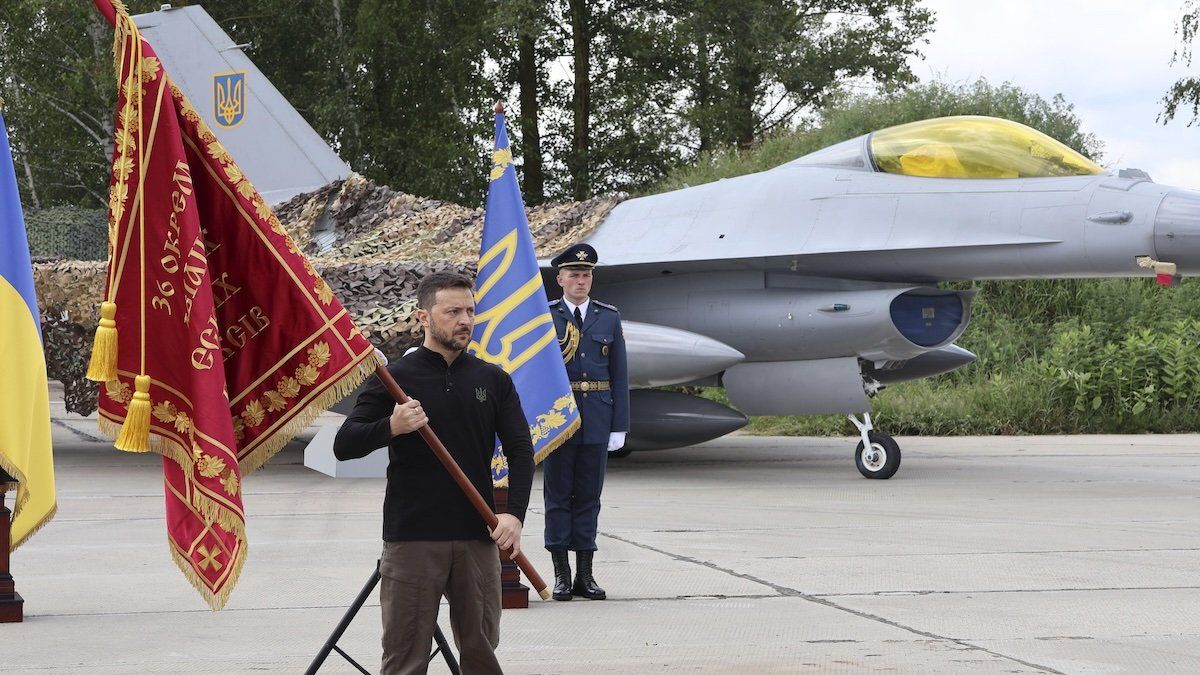President Volodymyr Zelensky is urging Western allies to lift restrictions on his forces using weapons against military targets inside of Russia. The latest request comes after Moscow continued to bombard Ukraine with missiles and drones for a second day on Tuesday, including some that Kyiv said it shot down with Western-supplied F-16 jets.
Responding to Zelensky, US National Security Council spokesperson John Kirby said there had been “no changes” to US policy regarding the weapons restrictions.
Ukraine has recently made gains by invading and occupying the Kursk region of Russia, reporting that they have captured 594 Russian soldiers and 100 settlements. But Russian troops are slowly advancing in Ukraine’s eastern Donetsk region and are within 7 miles of Pokrovsk, a key logistical hub that, if captured, would threaten Kyiv’s grip on the rest of the region.
The two sides are racing to establish an advantage ahead of negotiations that both have suggested could take place before the end of the year. Zelensky argues that to gain the upper hand and dictate the terms of the war, Ukraine needs to strike deep behind enemy lines. But Western allies fear that if its weapons are allowed to directly attack Russia, Putin will view the permission as an escalation.
“Ukraine will keep trying to get permission to use longer-range weapons but will abide by Western terms,” so that they don’t jeopardize further aid, says Eurasia Group’s Russia expert Alex Brideau. “At the same time, Kyiv will argue that the restrictions don't make sense, given the lack of major Russian responses to the use of Western short-range missiles and armor in Russian territory since the spring.”
